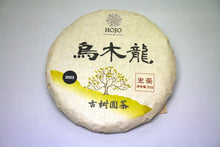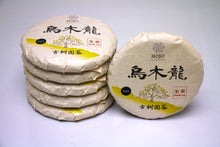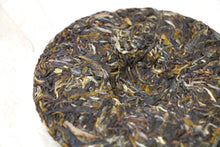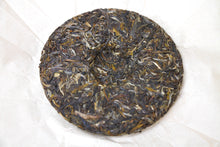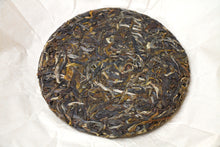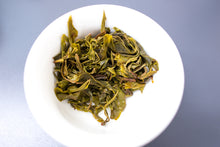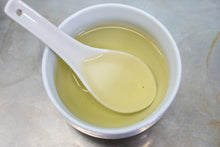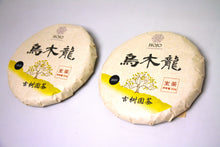

Before the tea season began, we went up to the mountains in Wu Mu Long village and spent a considerable amount of time searching for the ideal garden. When we ventured up a small path far from the village, we discovered a tea garden with many old tea trees. Based on the size of the trees, we estimated their ages to be several hundred years old. The entire garden was overgrown with weeds, and the tea trees had been left to grow like wild plants in nature. This meant the tea trees were fully independent and sustainable.
According to the villager, that garden has been left unattended for more than 15 years.

The garden was fully covered with weeds. We arrange weeding.
Although we succeeded in renting the garden, it was so overgrown that no one was willing to pluck tea. Clearly, we needed to remove the weeds first. My manufacturer arranged for a few people to handle the weeding.
Sweet flavour like fruit
Thanks to the high altitude, the old age of the tea trees, and the absence of fertilizers, the tea has no bitterness or astringency.
Additionally, we closely monitor the local weather forecast and only proceed with tea cake compression during good weather. We avoid compressing tea on rainy days to prevent the development of a musty odor. This year, the continuous sunny weather allowed us to retain the refreshing flavor of mao-cha even after it was compressed into tea cakes. The flavor of Wu Mu Long is reminiscent of pineapple or dried apricots, offering a lingering sweetness down the throat and a long-lasting aftertaste.











